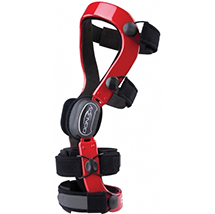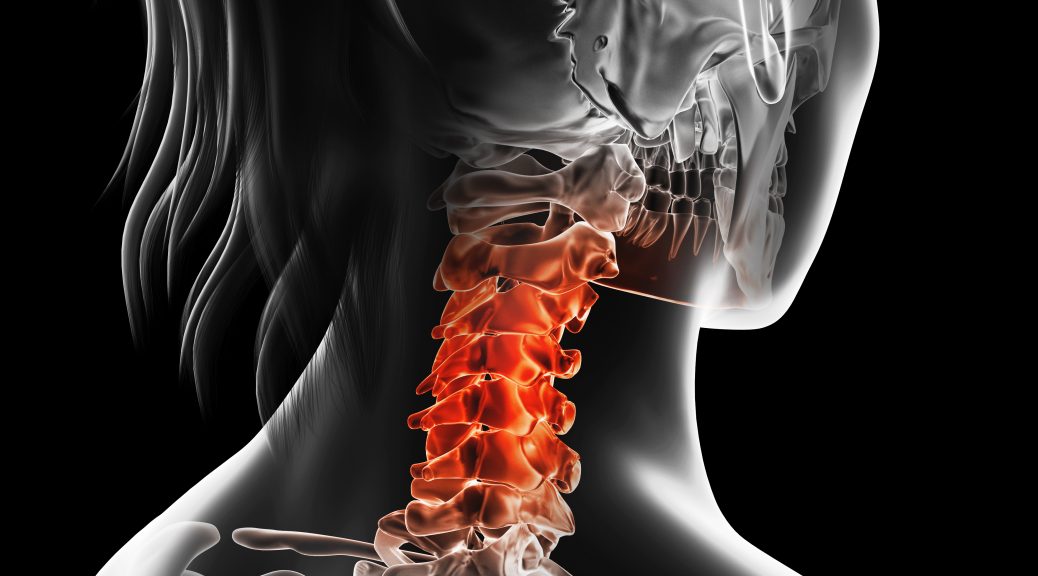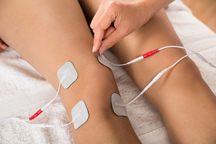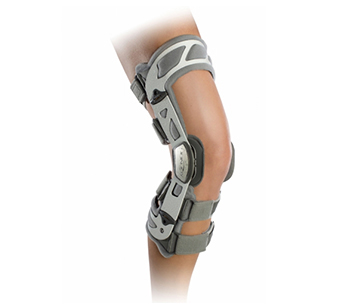Whiplash
What is whiplash?
When your neck is suddenly and forcefully jolted forward or backward, there is a possibility that you had a whiplash. It typically causes an intense stretch on the soft tissues around your neck, beyond the normal range of motion. As a result, there is acute pain, stiffness or tightness around your neck.

Whiplash injury
There are different categories of whiplash. The Quebec Classification of Whiplash Associated Disorders (WAD) classifies it as-
• Grade 0: No complaints about the neck. No physical sign(s).
• Grade I: Neck complaint of pain, stiffness or tenderness only. No physical sign(s).
• Grade II: Neck complaint AND musculoskeletal sign(s).
• Grade III: Neck complaint AND neurological sign(s).
• Grade IV: Neck complaint AND fracture or dislocation.
What are the causes of whiplash?
Most commonly, whiplash is caused during car accidents. However, it can also be caused by other reasons like-
-Fall from a height leading to over extension of the neck
-While playing sports like soccer, basketball
-Physical abuse where the neck or head is shaken
-Trauma to the neck with a heavy object
-Accidents during adventure sports
What are the symptoms of whiplash?
The symptoms may or may not start immediately. They can start even after 24 hours and gradually worsen. Mostly, the symptoms settle down in a few days. However, sometimes the symptoms can last for a long time causing significant distress. Common symptoms of whiplash can include:
-Pain and tenderness in the neck and upper back
-Neck stiffness
-Restricted range of motion of the neck
-Headache typically around the base of the skull
-Dizziness
-Pain, tingling or numbness radiating down to the arm, forearm or hand
-There may be other symptoms including ringing in the ears, anxiety or memory disturbances
How do you diagnose whiplash?
You will be taken to a hospital if you are involved in a serious accident. There, they will assess you and do further investigations, if required. Usually, they will perform an X-ray to check for any bony injuries or to rule out arthritis. They may also do an MRI or a CT-scan to evaluate for inflammation and soft tissue damage. If the symptoms start after 1-2 days of injury and are persistent, you can get in touch with your doctor who will guide you further.
As whiplash is sometimes associated with concussion, a few additional tests may be done to confirm the same. Although, the symptoms of concussion might be more severe than that of a whiplash.
How can you treat whiplash?
Rest and pacing your activities:
It is advisable to rest for the first 2 days. This does not mean you have to be on bed rest but just less activities and resting when possible. Ice pack can give some relief. Applying an ice pack around the neck helps reduce the swelling and pain.
After the first 2 days, you can gradually start being more active. You should also try to return to school or work if possible and not wait for 100% recovery. You can also apply a heat pack now instead of the ice pack.
Medications:
Over the counter medications can help in reducing pain in the earlier stages of whiplash. However, if you have seen your doctor already, they might prescribe some medications for you as well.
Maintaining good posture:
It is very important to maintain a good posture after whiplash. Specifically, a slouched posture will stretch the neck muscles more, leading to more pain. Therefore, try to take a break from a sustained position every 30-45 minutes.
Physiotherapy:
Post whiplash, physiotherapy can help with improving the flexibility and strength of your neck muscles. In addition, physiotherapists can also help with different pain-relieving methods and postural modifications.
Massage therapy:
Massage therapy can help to relieve your muscle tension, improve blood circulation and thus help in pain relief.
How can we help at PhysioNow?
We have a team of experienced physiotherapists and massage therapists that can help you. The physiotherapist will do an assessment and formulate a treatment plan for you. Thus, if you have had whiplash recently or a while ago and are still having persistent symptoms, contact us today at PhysioNow!









